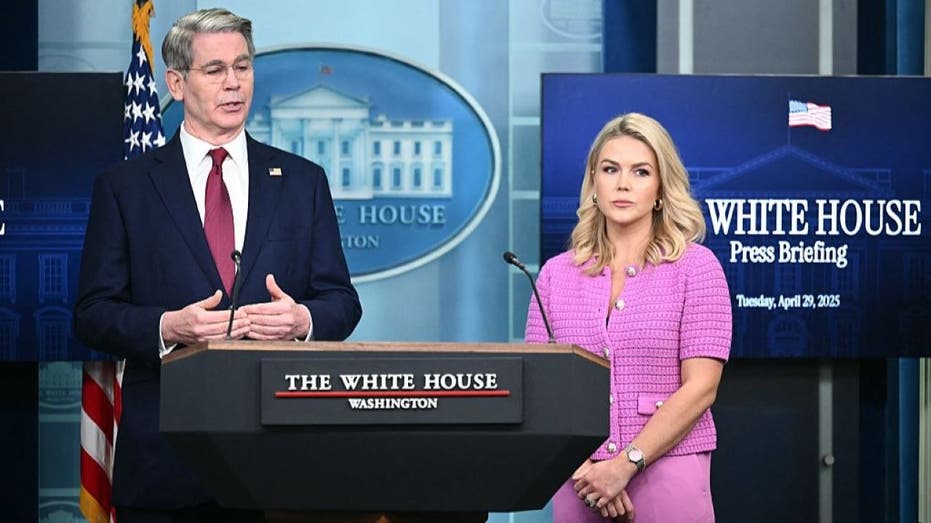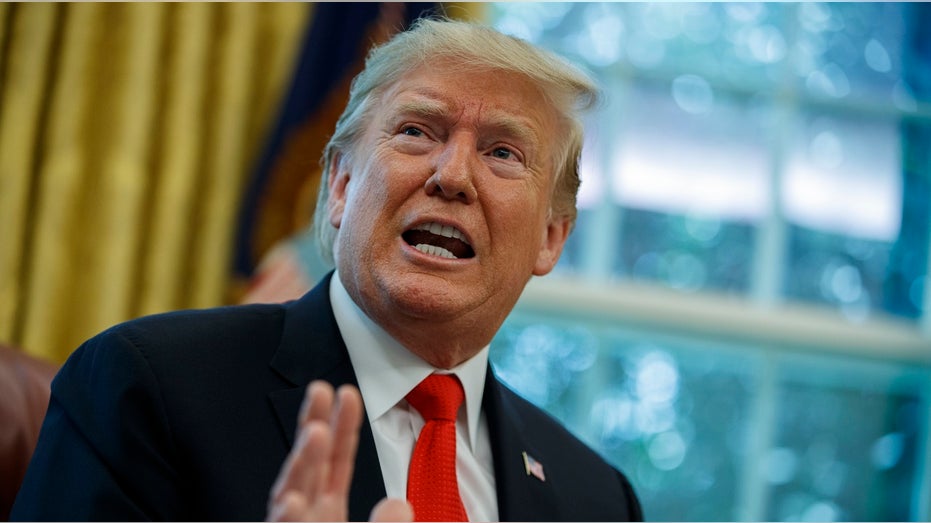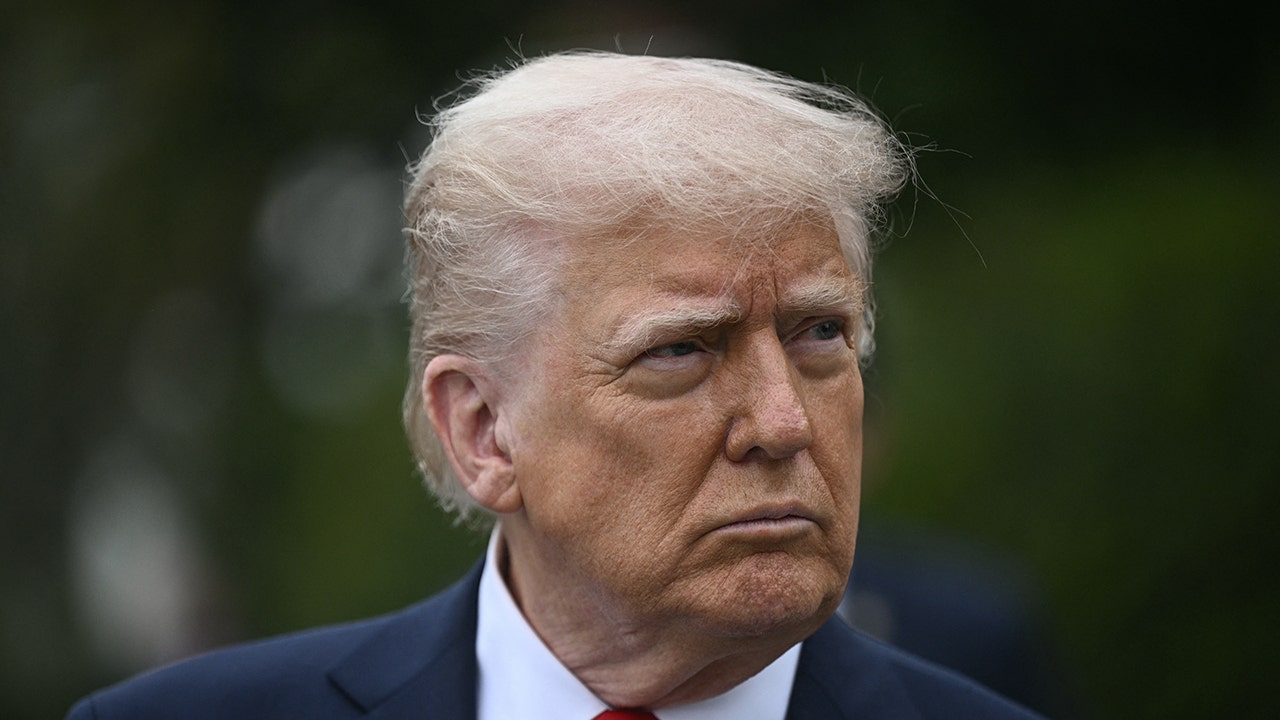China waived a 125% tariff on ethane imports from the U.S. on Tuesday, according to a report from Reuters.
China had initially imposed the tariff earlier this month as part of its retaliation against President Donald Trump’s Liberation Day tariff campaign. China is responsible for purchasing roughly half of America’s ethane exports each year, according to the U.S. Energy Information Administration.
Chinese companies that rely on U.S. ethane include Satellite Chemical, SP Chemicals, Sinopec, Sanjiang Fine Chemical and Wanhua Chemical Group, while the key U.S. exporters are Enterprise Products Partners and Energy Transfer.
Ethane joins a growing list of products that China has granted tariff exemptions for amid the ongoing trade war with Washington.
TRUMP TOUTS RETURN OF ‘AMERICAN DREAM’ IN HISTORIC TARIFF ANNOUNCEMENT
Last week, Chinese officials granted exemptions for pharmaceuticals, microchips and aircraft engines and were asking firms to identify critical goods they need levy-free.
HERE’S A CLOSER LOOK AT TRUMP’S TARIFF PLAN: WHAT TO KNOW ABOUT THE NEW DUTIES
News of the ethane tariff’s removal comes after U.S. Treasury Sec. Scott Bessent insisted that Trump’s tariffs were putting major pressure on Beijing. Speaking at the White House on Tuesday morning, Bessent said the tariffs stand to cost China millions of jobs if it doesn’t change course.
“I think that over time we will see that the Chinese tariffs are unsustainable for China,” Bessent told reporters. “I’ve seen some very large numbers over the past few days that show if these numbers stay on, Chinese could lose 10 million jobs very quickly. And even if there is a drop in the tariffs that they could lose 5 million jobs.”

“So remember that we are the deficit country,” Bessent said. “They sell almost five times more goods to us than we sell to them. So the onus will be on them to take off these tariffs. They’re unsustainable for them.”
President Donald Trump announced widespread tariffs against a host of countries April 2, after routinely condemning other countries’ trade practices and accusing them of engaging in unfair trade practices against the U.S.
The administration later walked back its initial proposal, and announced April 9 it would immediately hike tariffs on Chinese goods to 145%, but scale back reciprocal tariffs on other countries for 90 days to a baseline of 10%. In response, China proceeded to boost its tariffs on U.S. goods to 125%.

Bessent also signaled that a trade deal with India, and possibly other Asian countries, could emerge in the near future.
“They have been the most forthcoming in terms of doing the deals,” Bessent said. “As I mentioned, Vice President Vance was in India last week. I think that he and Modi made some very good progress. So I could see some announcements on India.”
Reuters contributed to this report.












